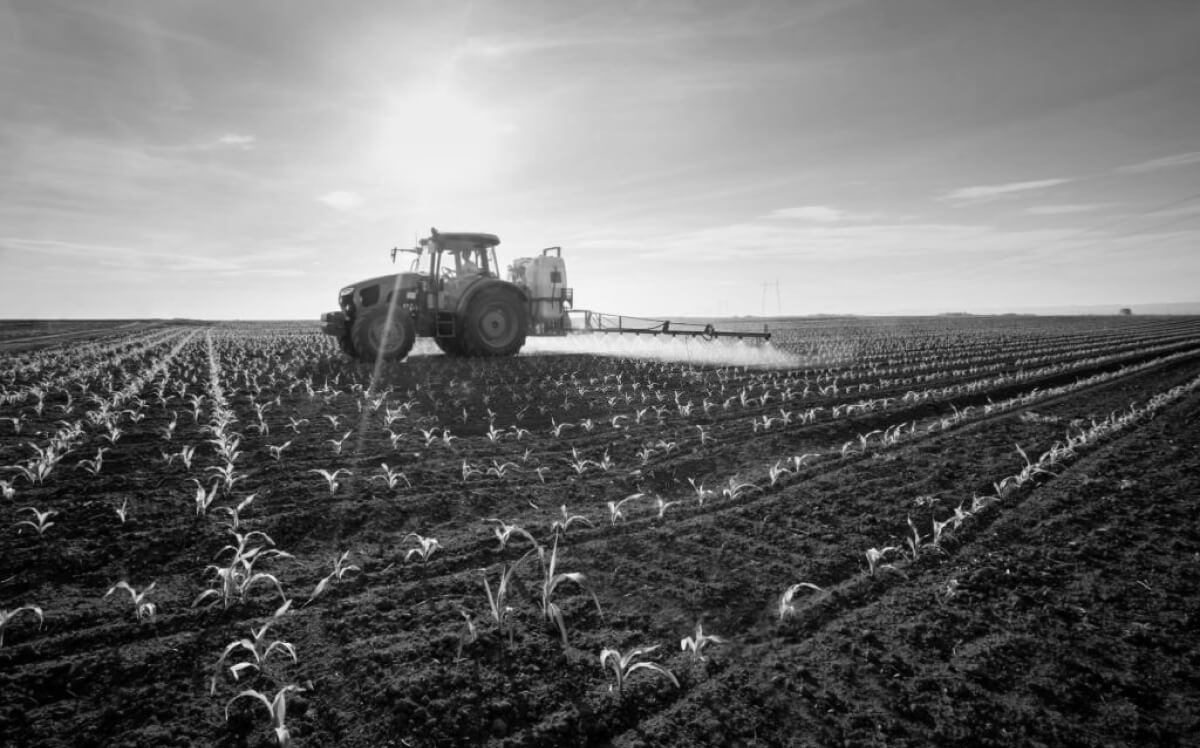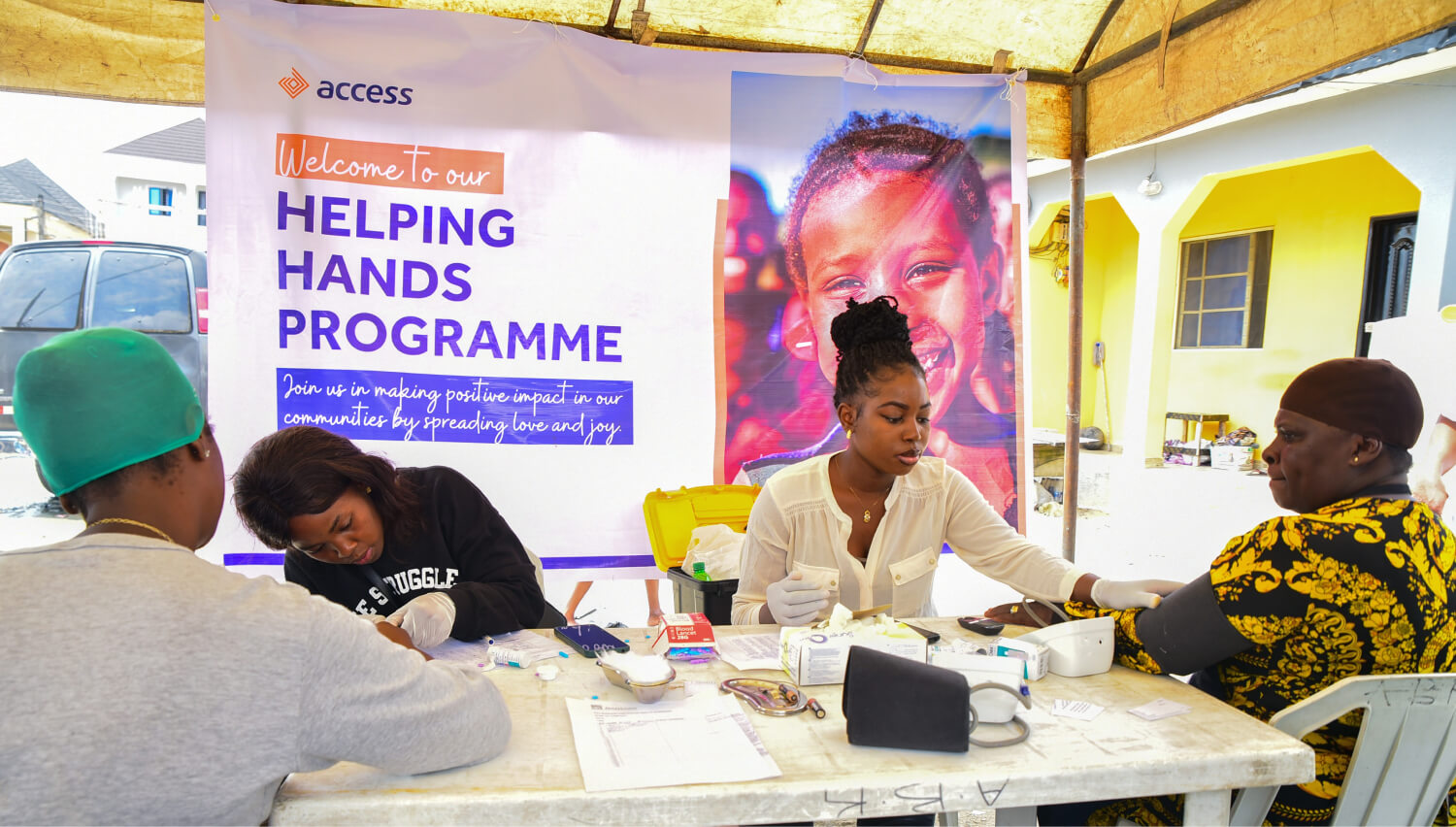Earth’s population is rapidly expanding and with that expansion comes the need for more resources. According to Huffpost, “the global population is going to reach 9 billion people by 2050 with the need for food production to increase by 70% to meet the demands of a booming population.” Today, more than one billion people around the world will depend on farming for their means of income. Although farming is essential for the production of human food, the expansion of the earth’s population has become a growing concern for the possibilities of producing that much food with limited natural resources left.
Sustainable agriculture allows for the desires of society’s food and textile needs to be met without the fear of inhibiting the earth’s natural resources for future generations. In addition to preserving the earth’s natural resources, sustainable agriculture benefits the environment through helping maintain soil quality, reducing erosion, and preserving water. The importance of sustainable agriculture therefore cannot be overemphasized.
Agriculture is obviously the main focus of Goal 2, which aims to achieve ‘zero hunger’ whilst also contributing to the other Sustainable Development Goals (SDGs) in different extents. In order to achieve the SDGs by 2030, Access Bank partnered with Glow Initiative to implement the Soil Conservation Education Program for Sustainable Farming (SCEP-SF). This program is aimed at promoting awareness on sustainability in agriculture and farming practices to ensure food security.
The program held in Enugu State, Nigeria and featured the ‘Young Farmers Connect’ farming training program and environmental sustainability awareness school tour. Tree planting exercises were also carried out in schools in commemoration of the World Day for Soil Conservation. The program impacted over 800 students and farmers and Information, Education and Communication (IEC) materials on soil conservation was distributed.







